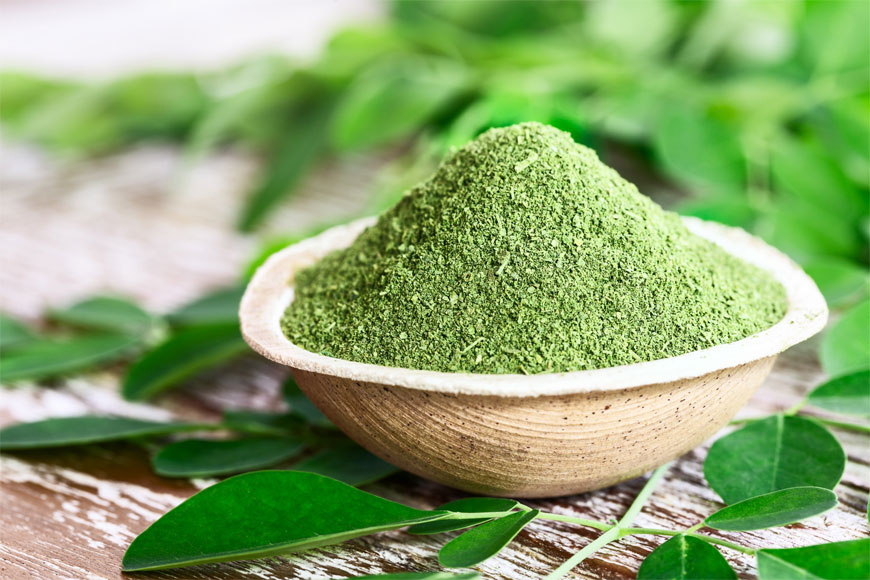What is Moringa? The New Superfood Could Help Beat Stress and Fatigue
It’s nicknamed ‘the miracle tree’
19 May 2019
Maebelle

All Credits: PA
If you’re the type of person that spoons chia seeds onto your porridge and whizzes kale into your smoothies like there’s no tomorrow, then you might want to listen up, because there’s a new superfood that wellness types are getting hyped about.
Called moringa, it’s a small leafy tree that’s native to India, and is gaining popularity with health buffs thanks to its rich nutritional profile and powerful anti-inflammatory and antioxidant properties.
SEE ALSO: Why You Should Start Incorporating Pickle Juice Into Your Drinks
- Tags:
- Food
- Superfood
- Wellbeing
- healthy eating














